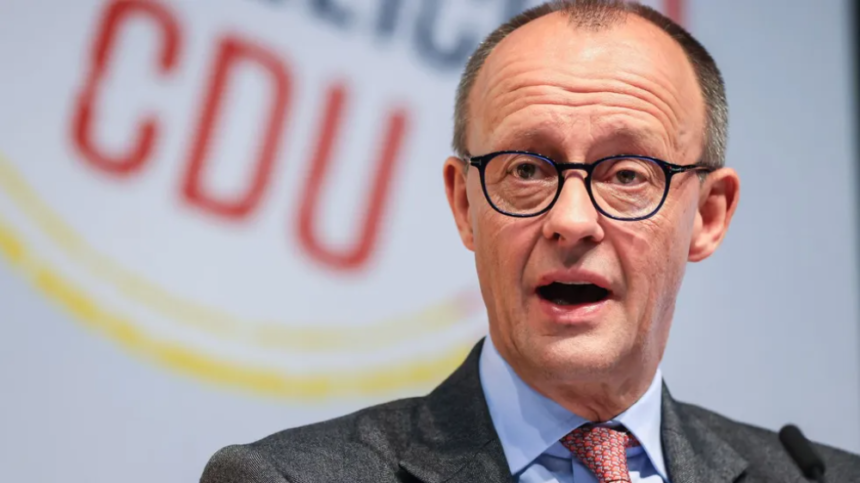Questions have begun to surface regarding Germany’s commitment to the Western Balkans following the abolition of the special envoy position for the region — a role previously held by Manuel Sarrazin since 2022. This decision, made under the new German Chancellor Friedrich Merz, raised concerns that Berlin may be rethinking its engagement strategy in the Balkans.
Sarrazin, a Green Party member, had gained visibility in his role, especially for his supportive stance on Kosovo’s ban on Serbian imports. Yet his removal came as part of a broader restructuring that saw the dissolution of about 25 similar positions across Germany’s federal government.
What Does This Mean for Kosovo?
Germany has long been a key player in shaping strategic decisions that influence stability and development in the Western Balkans. Its perceived step back could create gaps in mediation efforts, especially in the Kosovo-Serbia dialogue. However, it is not yet clear whether this move is part of a recalibrated approach or a sign of lowered prioritization for the region.
According to the German Embassy in Kosovo, the responsibilities formerly overseen by the special envoy will now be integrated into the Federal Foreign Office. The embassy stressed that Germany’s commitment to the region remains unchanged, and that embassies in Pristina and the wider region will continue to work constructively with local partners.
Mixed Reactions from Experts
Johanna Deimel, a senior expert on Southeastern Europe, noted that the removal of Sarrazin’s post aligns with a broader simplification effort by the Merz government and is not solely targeted at the Balkans. She emphasized that the EU-led dialogue, led by Special Representative Peter Sorensen, remains central and is supported by Berlin, Brussels, Washington, and the QUINT group (U.S., Germany, France, UK, and Italy).
Deimel also noted that if future intervention is needed, other actors such as the UK, which is hosting this year’s Berlin Process summit, will step in. While Germany remains committed to EU enlargement and regional cooperation, the restructuring reflects a financial and administrative streamlining effort.
Frauke Seebass, an analyst with the German Institute for International and Security Affairs, added that Sarrazin’s dismissal was expected and not specific to the Western Balkans. While the change in political leadership may affect tone and personalities, Germany’s official stance remains supportive of the EU-led dialogue process.
A Shift in Political Tone?
The new German Chancellor Friedrich Merz, leading a CDU/SPD coalition, has brought in foreign policy advisor Günter Sautter — a seasoned diplomat familiar with Kosovo — and appointed Johann Wadephul as Foreign Minister. Both are expected to maintain active engagement in the region.
Deimel noted that Wadephul supports Kosovo’s independence and rejects border changes, although he had criticized former Chancellor Scholz for not taking stronger positions.







